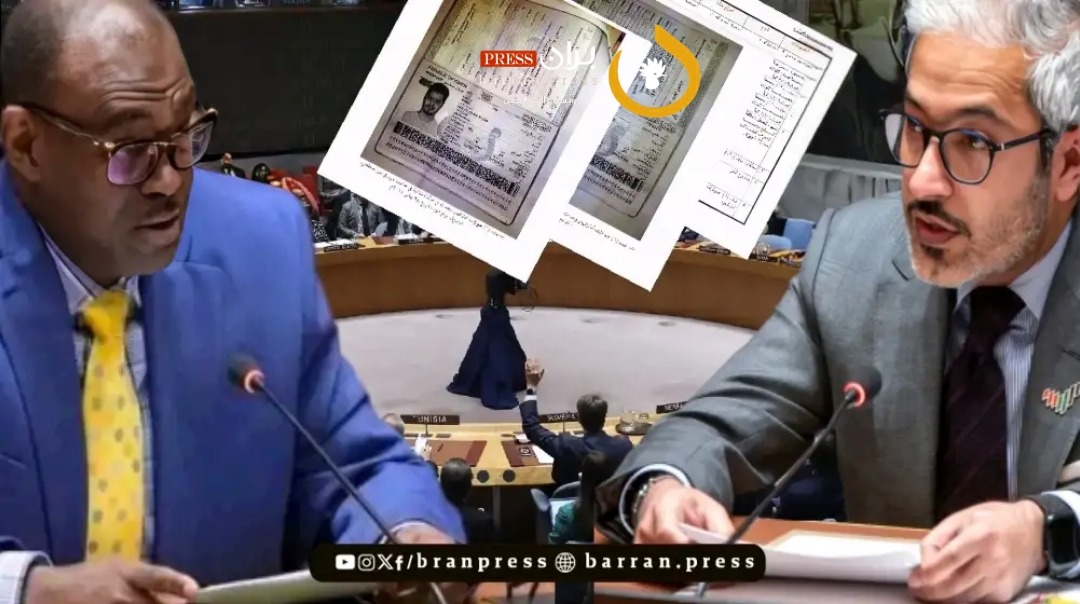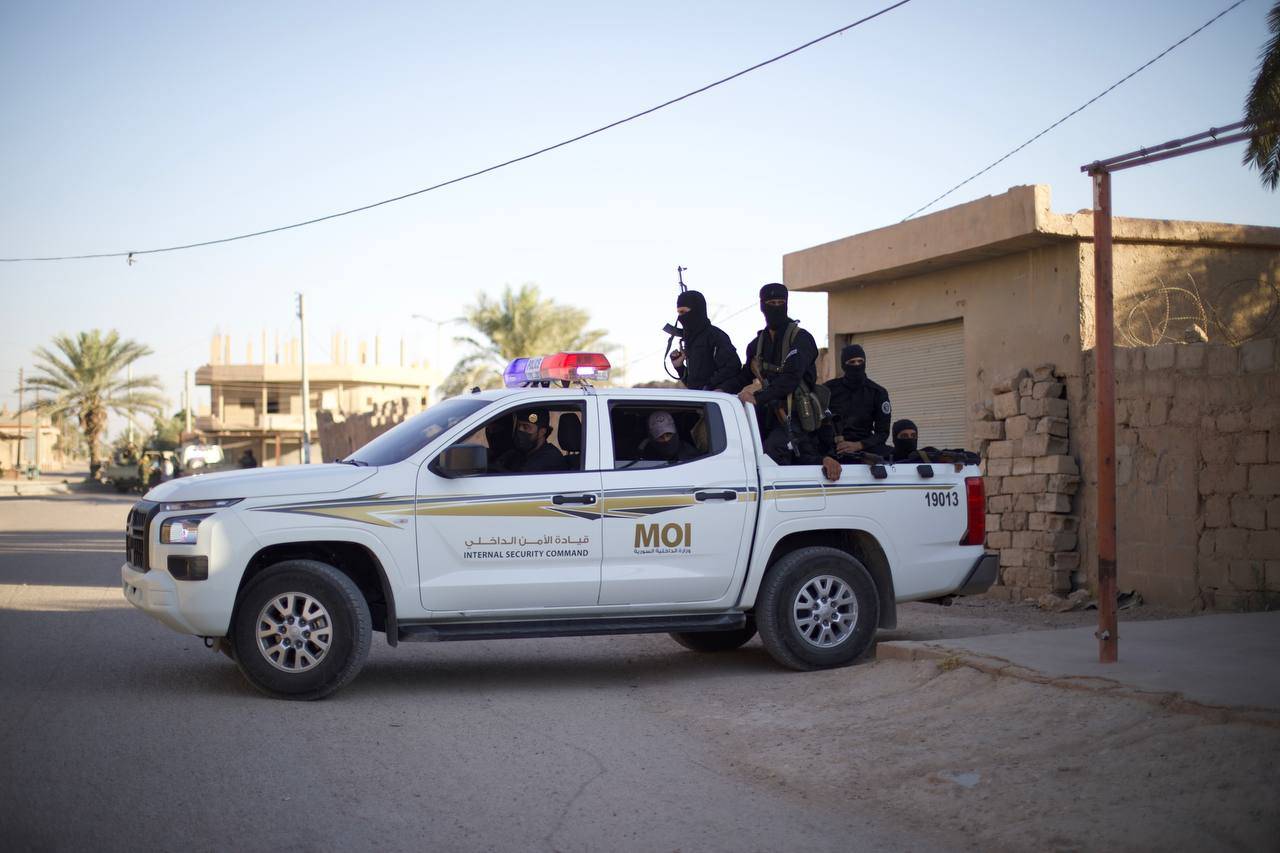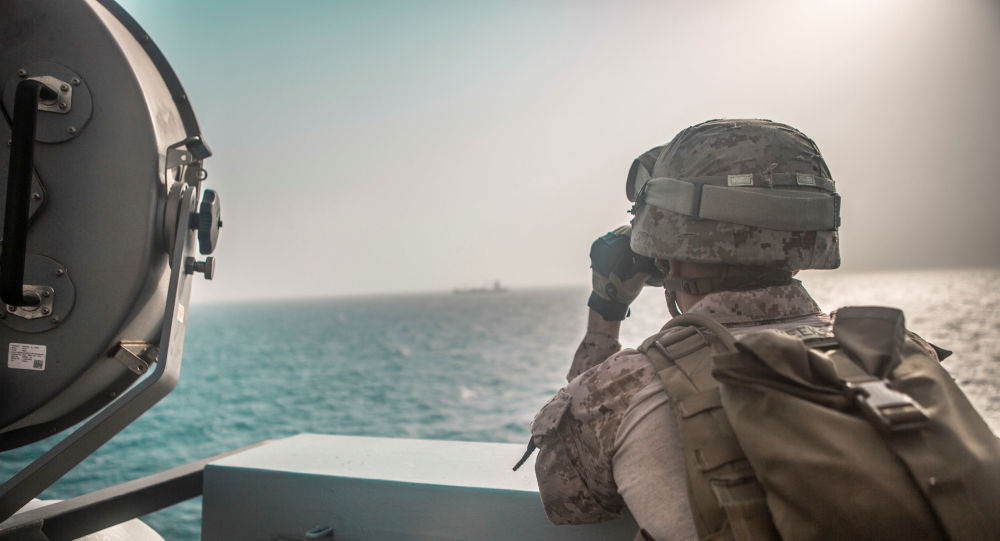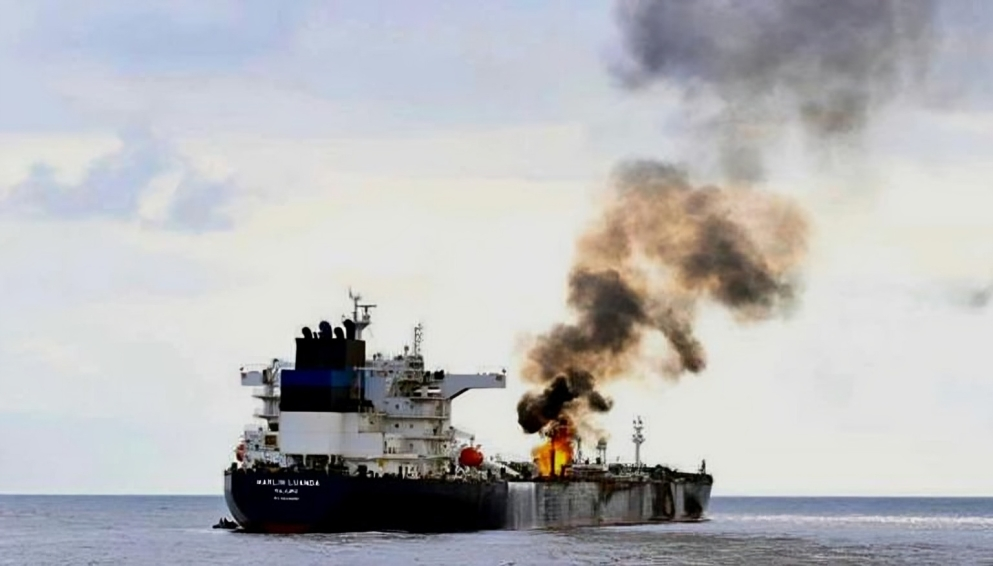
Barran Press
The Sudanese government has formally accused the United Arab Emirates (UAE) of supporting the Rapid Support Forces (RSF) in the ongoing conflict in Sudan, presenting evidence to the United Nations Security Council.
In a letter addressed to the council, Sudan's ambassador to the UN, Al-Harith Idris, presented what he described as "crucial information" related to the "ongoing aggressive war in Sudan." The letter included evidence allegedly proving UAE's involvement in fueling the conflict.
The letter, which "Bran Press" has translated in part, states that "following our previous correspondence to the Security Council concerning the support provided by the United Arab Emirates to the genocidal militia of the Rapid Support Forces, particularly the letters dated March 28, April 26, and May 6, we are attaching images of some of the weapons and military equipment seized by Sudanese security forces on the battlefields in Khartoum and Omdurman."
The letter claims that the attached images provide detailed accounts of the types of weapons and equipment seized, including their serial numbers. It alleges that all the seized items were sold to the UAE military and subsequently ended up in the hands of the RSF in Sudan.
The letter further asserts that the transfer of these weapons constitutes a "flagrant violation of international agreements, relevant Security Council resolutions, and bilateral arms sales agreements that prohibit such illegal transfers to third parties." It adds that "these weapons have played an active role in the brutal armed operations carried out by the Rapid Support Forces, leading to serious violations against civilians in Sudan, including heinous crimes and atrocities committed against women and children."
The letter also includes copies of Emirati passports and other nationalities, including Yemeni, that were seized on the battlefield, which Sudan claims is "evidence that confirms the UAE's involvement in committing heinous crimes against innocent people in my country."
The Sudanese government urged the Security Council to take immediate and decisive action to address this "grave violation of international law." The letter states, "We are confident that the Council will act swiftly to support international peace and security and protect the rights and lives of innocent Sudanese civilians who continue to be killed and attacked brutally by the Rapid Support Forces, as recently happened in El Fasher, Wad Noura village, where over 200 civilians were cold-bloodedly murdered, in Omdurman, and other villages in White Nile."
The accusations and evidence presented by Sudan have heightened tensions between the two countries and are likely to further complicate the ongoing conflict in Sudan.
🔴🔴🔴
— تهامة (@tahamah10) June 18, 2024
بعض الأدلة التي قدمتها حكومة السودان في مجلس الأمن لليوم ضد دولة الامارات التي تدعم الحرب بالصور لجوازات سفر
يمنية محل الإقامة ومحل الميلاد الامارات
فضحتونا يالمثلث #السودان pic.twitter.com/1zLtxEpp5a
The Sudanese government has accused the United Arab Emirates (UAE) of violating international agreements by supplying weapons to the Rapid Support Forces (RSF) in Sudan, further escalating tensions between the two countries.
In a letter to the UN Security Council, Sudan detailed how the weapons allegedly transferred by the UAE have been used in "brutal armed operations" by the RSF, resulting in "serious violations against civilians," including "heinous crimes and atrocities committed against women and children."
The letter also presented evidence of Emirati involvement, including confiscated Emirati passports and passports of other nationalities, including Yemeni, found on battlefields. These, Sudan claims, "confirm the UAE's involvement in committing heinous crimes against innocent people in my country."
The Sudanese government urged the Security Council to take immediate action against this "grave violation of international law," expressing confidence that the Council will act swiftly to "support international peace and security and protect the rights and lives of innocent Sudanese civilians."
The accusations sparked a heated debate at a UN Security Council meeting on Tuesday. Sudan's ambassador to the UN, Al-Harith Idris, accused the UAE, Libyan forces loyal to retired General Khalifa Haftar, and other parties of arming the RSF and fueling the conflict.
The UAE's ambassador to the UN, Mohammed Abu Shehab, vehemently denied the accusations, calling them "false." He argued that the Sudanese ambassador represents the Sudanese Armed Forces, one of the warring parties in Sudan, and stressed the need for dialogue to resolve the conflict.
Idris further accused the RSF of deliberately targeting villages and cities with weapons supplied by the UAE, citing their attempts to disrupt agricultural production and create a food crisis.
فيديو: سجال وخلافات أمام مجلس الأمن بين مندوبي السودان ودولة الإمارات العربية المتحدة.
— أخبار الأمم المتحدة (@UNNewsArabic) June 18, 2024
السفير السوداني يتهم الإمارات بدعم قوات الدعم السريع،
والسفير الإماراتي يصف الاتهامات بأنها "سخيفة". https://t.co/rgIyleNABX pic.twitter.com/qCViEKOsdS
The escalating tensions between Sudan and the UAE, fueled by the accusations and evidence presented to the UN Security Council, raise concerns about the future of the conflict in Sudan and the potential for further regional instability.
Sudan's ambassador to the UN, Al-Harith Idris, alleged that the UAE's support for the RSF is exacerbating the conflict, hindering agricultural production, and displacing millions of Sudanese citizens. He claimed that the UAE's actions are turning Sudan into a "destructive settlement model" for demographic groups from the Sahel region, further destabilizing the country.
Idris also accused the UAE of providing support to the RSF through Chad, Southern Libya, and Central African Republic, and claimed that wounded RSF fighters are being evacuated to the UAE. He warned that these actions threaten Sudan's food security and could lead to a "terrorist model" that would destroy the Sudanese state.
He called on the Security Council to condemn the UAE's actions, which he described as "a new plague" that is "exposing the Sudanese people to gradual extermination and the burning of towns and villages." Idris insisted that the Sudanese Armed Forces (SAF) are adhering to the rules of engagement and are not targeting civilian infrastructure.
The UAE's ambassador to the UN, Mohammed Abu Shehab, dismissed the accusations as "ridiculous and insane," arguing that they were made by the representative of the SAF, one of the warring parties in Sudan. He expressed concern over the devastating impact of the conflict on the Sudanese people and highlighted the UAE's financial contributions to humanitarian aid since the war began.
Abu Shehab criticized the SAF for obstructing humanitarian aid and accused them of violating international humanitarian law. He called on both sides to protect civilians and reach an agreement to cease hostilities and transition to civilian rule. He also challenged the SAF's representative, asking why they are refusing to attend talks in Jeddah and blocking aid, urging them to stop making "grandiose statements" and take responsibility for ending the conflict.
Idris countered that the UAE's "heart is not in the right place" when it comes to peace in Sudan, accusing them of supporting "ethnic and systematic terrorism" in the country. He claimed that the UAE is obstructing the Security Council's discussions on the matter and that Sudan has gathered evidence to support their accusations.
He also dismissed the UAE's financial contributions to humanitarian aid, stating that Sudan, if stable, would be wealthier than the UAE. He urged the UAE to "remove its hand from Sudan" as a first step towards stabilizing the country.
The UAE ambassador responded by accusing Sudan of using the Security Council platform to spread false accusations against the UAE and deflect attention from their own violations. He reiterated that a military solution is not possible and that the only way to resolve the conflict is through negotiations.
The heated exchange between Sudan and the UAE highlights the growing tensions surrounding the conflict in Sudan and the complex web of international actors involved. The accusations and counter-accusations raise serious concerns about the future of the country and the potential for further instability in the region.





